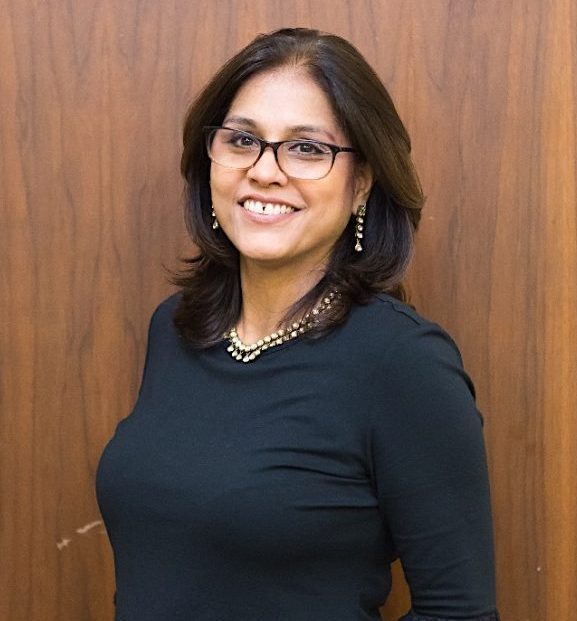Couples best thrive when there is a healthy space between them. What then, for couples who are thrown into close quarters in times of lockdown with enhanced social distancing and stay at home enforcements?
Most couples aren’t used to being knitted together, in the same space, 24×7. That can be stressful for some people, more than others, says Rachele Focardi. This can take the fight against COVID-19 to a marital-partner level. The mantra that Priya Khanna lives by in these times of shared living is respect each other’s time and space.
Krusha Sahajwani Malkani, a millennial spouse, has a different take. She upgrades the virtual online check-in with the unscheduled pop-ins at her husband’s work station in the bedroom. WFH sees Krusha in the kitchen, brushing up her cooking skills with her husband, who she claims, is a great cook. Clearly she’s lucked out with a supportive husband, with whom she shares her professional challenges and achievements.
Choice and compromise is essential to avoid conflict. One Netflix show is Krusha’s preference, which she watches in her own time. And, the show that she and her husband watch together, comes from a collective choice. What better way to manage conflict? Seemingly small bargains add up substantially in the long term.
Working in the same company, as a couple, does make the transition into the current WFH environment less trouble-free. The business challenges are the same, decisions happen quickly and personal agendas are absent. Doesn’t matter then, if the fix is different, which in the case of Deepa Soman, is a ginger tea infusion, brewing which incidentally her husband has perfected.
While most couples have their individual beverage preferences, video streaming and exercise are two common couple-friendly WFH activities.
Prachi Panda realised that she and her husband have very different challenges with the current WFH format. She’s fitted comfortably into it, finding herself productive. Her husband, on the other hand, struggled with it. Is it because, not that much of an extrovert, she is comfortable being at home? While her extrovert husband, hunkered in, feels stifled at home, with the lockdown restrictions imposed on being outdoors and meeting people.
Here, Prachi found herself supporting him with solutions, helping him reconnect to hobbies, video-calling friends and family, gradually easing his discomfort of the stay at home enforcement. Appreciating that no one size fits all, being patient, realising that this is not something that everybody handles in the same manner or feels the same way about, is the wisdom she has gained while understanding her husband.
Being in a shared space, especially, when the next check-in or call is not anytime soon, it is natural to turn to the partner to bounce off that bright idea or throw that burning view into the ether of space. Absolutely, says Rachele, of her relationship with her husband. Her partner-in-life, as she calls him, there is absolutely nothing that she doesn’t talk to him about. While not always understanding everything of his work, she is always on top of what he’s going through, the challenges that he’s facing, how he feels about them, each donning the hat of a coach, mentor and guide, for the other.
There are rules. And, there are rules. And, WFH in times of lockdown, comes with its own set of rules. Mariko Braswell and her husband check their individual call schedules so that they don’t overlap into two audio encounters. Abhilasha Jha, a WFH practitioner pre-COVID-19, was the one helping her husband settle into a productive routine. In the first week of the lockdown, they went through a fair bit of iterations and have come to an understanding of making WFH work effectively for each of them.
Prachi has another interesting insight. That of unintended learning. Eating lunch one day in the living room, she caught herself making mental notes while her husband was on a call in their bedroom of how she can improvise her approaches at work in similar situations. WFH is changing the rubrics of learning.
WFH, up until the start of the pandemic, was a novelty. The very reasons why it was appreciated is now a cause for anxiety. For some couples, this present format of WFH is not sustainable, losing its shine, already. For Rachele the opposite is true. She believes that the quarantine can have a very positive, in fact a wonderful outcome for some couples who look at the lockdown as an opportunity to share more, do more, catching up on the lost moments of life, those that easily get swept away by the pressures of work, time with kids and demands of, well, simply living.
(The article is part of a series of perspectives as a result of the Coronavirus lockdown)


